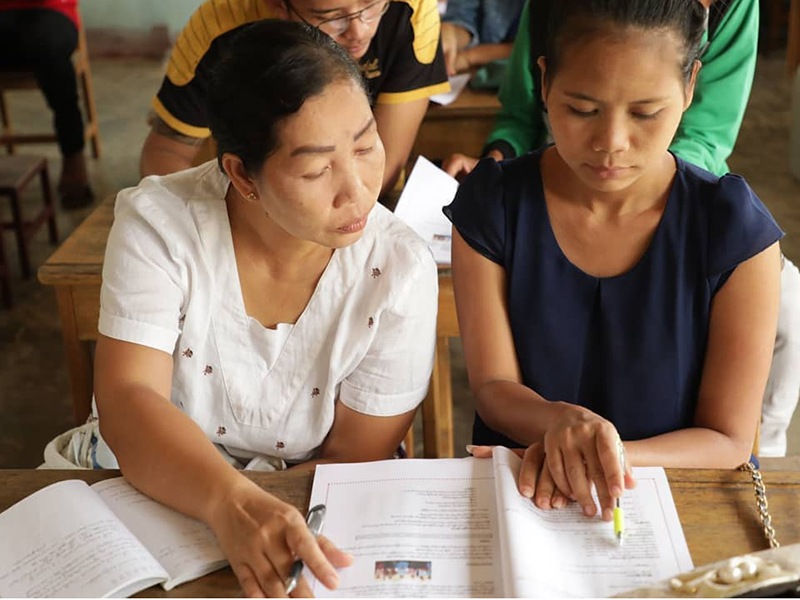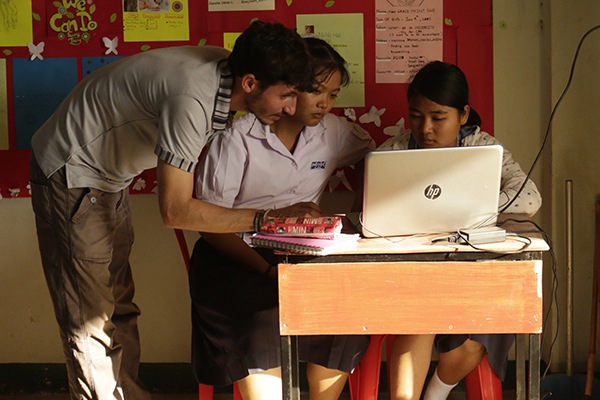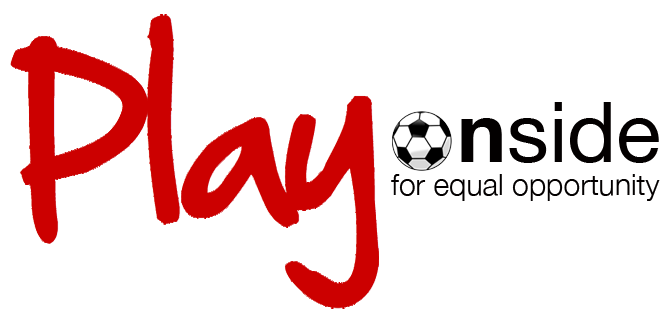Life-Skills Curriculum
PlayOnside introduces a Life-Skills Curriculum
When people initially hear about PlayOnside, their immediate thought is “Oh, a football program! Nice!” It is of course a part of what we do, but we like to look at ourselves as an educational organization using football as our main tool to implement our program.
The migrant education system in Thailand is based around pillars of repetition, memorizing and discipline. We believe in a more dynamic pedagogical approach, centered around participation and teamwork, and our goal is to use football as a tool to implement this approach.
Thus, we have developed a life-skill curriculum that we implement during the football season. At training, we focus on different life-skills, depending on the topic of the week. We also put emphasis on expanding and improving the English vocabulary of the kids, and introduce activities focusing on creativity and critical thinking. Topics change every third week, giving us the chance to go into depth during the weekly training.
At the weekend is it time to show the rest of the school what has been learned during the training. To encourage the schools and the coaches to focus on the life-skills curriculum, the point system in our leagues not only reflect the scores in the field, but also how the different teams do in life-skills. By integrating it in the league, and particularly the point system, we take advantage of the sometimes competitive environment between the schools, to the mutual benefits of our program, and most importantly the students themselves.
What are Life-Skills, and why is it important?
The term “life skills” refers to a broad range of “soft skills” which often relates to dealing with different situations.
We often divide life skills into four different categories.
- Thinking skills
- Working skills
- Learning skills
- Social skills

These essential skills are important to master other subjects in school, and also to prepare for work life or further studies. By being used to present in front of a group of people, the children gain confidence and experience dealing with unfamiliar situations.


The life-skills curriculum is a new element in our program. The Mingalabar Mae Sot League that started in November 2018 with more than 70 different teams participated in the first time we implement it. We are excited to see how well it is received by the schools, teachers and players.
If well received we will continue to develop the project, introducing new topics not only for the tournaments, but throughout our program.




